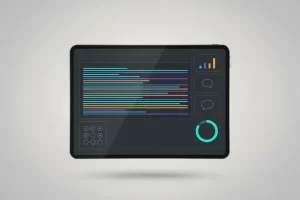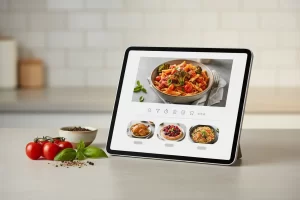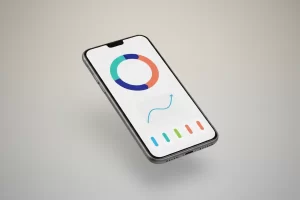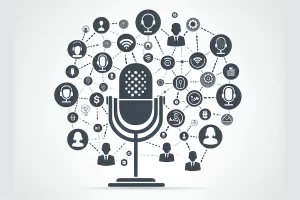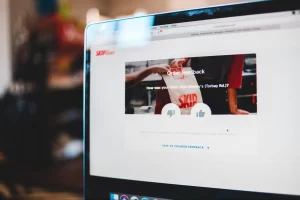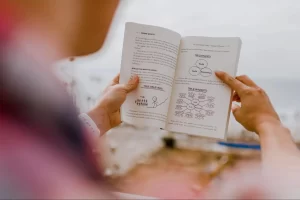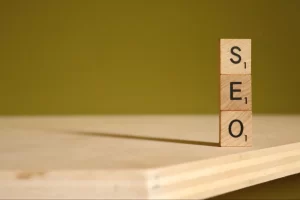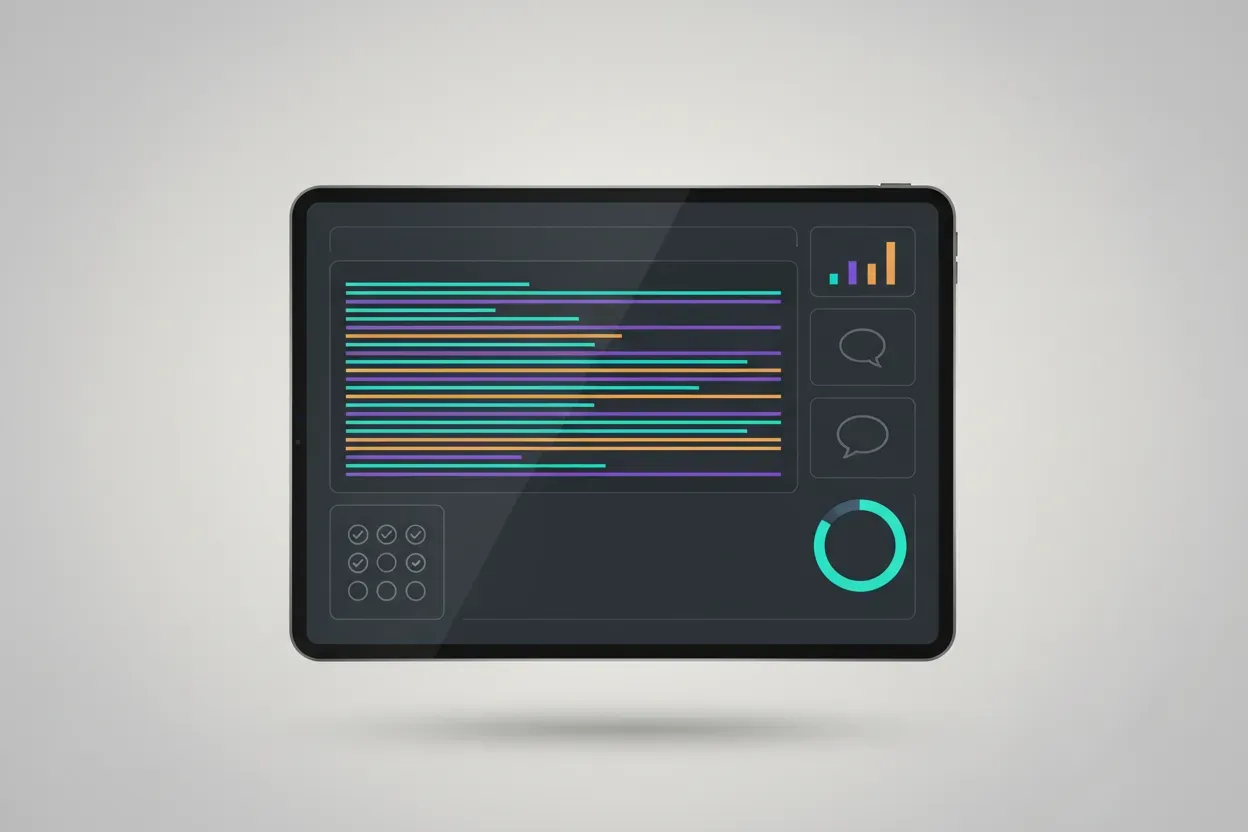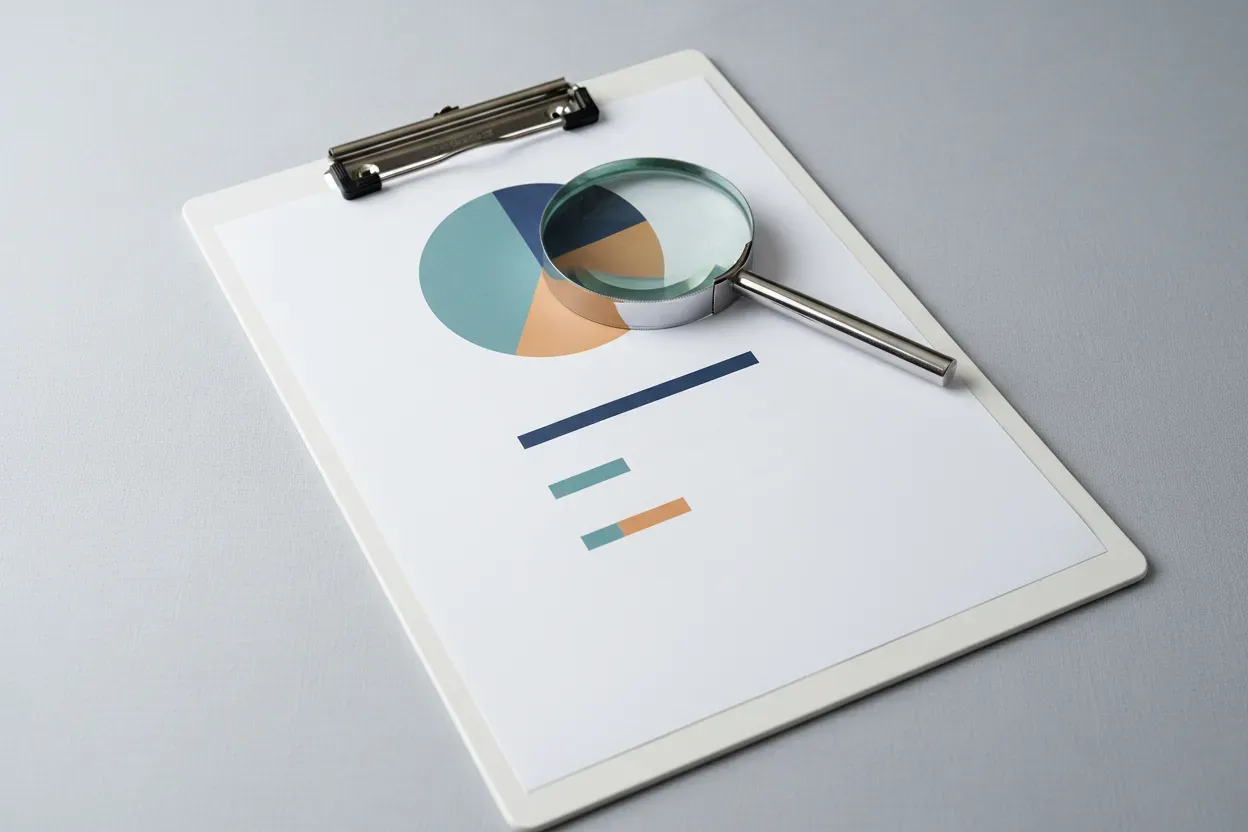Which Mindfulness Practices Are Beneficial for Stress Management?
In our quest to discover the most effective mindfulness practices for stress management, we turned to seasoned wellness coaches and experts in the field. From practicing deep-belly breathing to utilizing breathwork apps, these professionals offer their top four strategies to help you find peace and balance. Engage with insights from a Life Coach and an Edtech Professional as they share their invaluable techniques for combating stress.
- Practice Deep-Belly Breathing
- Mindful Weekly Planning
- Journal for Stress Management
- Utilize Breathwork Apps
Practice Deep-Belly Breathing
One mindfulness practice that I often recommend is deep-belly breathing. This technique focuses on our breathing with slow and deep breaths through the nose. After a few breaths, it helps activate the body’s natural relaxation response and brings a sense of calmness and feeling grounded. This is an immediate relief method that can be added into daily routines and whenever faced with a stressful situation.
Bayu Prihandito, Founder, Psychology Consultant, Life Coach for Men, Life Architekture
Mindful Weekly Planning
The most effective practice I’ve found for myself and with my clients for mindfully alleviating stress is to dedicate an hour every Sunday evening for mindful planning. We use this time to map out the entire week, setting intentions for each day. Plan how you’ll nourish your body, mind, and spirit, while also balancing professional and family commitments. This allows for a focused approach and decreases overwhelm. This approach empowers you to proactively address challenges and prioritize self-care throughout the week. It is a practical tool for stress reduction and overall well-being.
When planning the week ahead with mindfulness, we consider asking:
Body:
What physical activities or exercises will contribute to my well-being this week?
How can I ensure proper nutrition and hydration for sustained energy?
Mind:
What tasks or projects require my focused attention, and how can I allocate time for them?
Are there any potential stressors or challenges, and how can I approach them with a positive mindset?
Spirit:
What activities or practices will nourish my spirit and bring a sense of fulfillment?
How can I incorporate moments of gratitude or mindfulness throughout the week?
Professional Obligations:
What are the key work priorities for the week, and how can I approach them efficiently?
Are there opportunities for delegation or collaboration to ease the workload?
Family Obligations:
How can I balance family commitments while ensuring quality time together?
Are there specific family events or responsibilities that need attention?
Overall Wellness:
What self-care activities are essential for my mental and emotional well-being?
How can I create moments of rest and relaxation to prevent burnout?
Danielle Terrelonge, Wellness & Success Coach, Well by Danielle
Journal for Stress Management
I’ve found journaling to be an exceptional tool for stress management in my wellness coaching. I have been journaling for over 35 years and I’ve experienced how it’s helped me relax, process my emotions, and grow in my abilities. I encourage all of my clients to pursue journaling. Journaling is a helpful tool to help you identify your thoughts and allow them to flow freely. Especially for my clients who struggle with infertility, stress is something that comes with the territory. Journaling allows them to express their thoughts and triggers so that they can identify what those are and therefore make changes accordingly. Writing down your stressors or anxieties can be a powerful tool because it makes those thoughts less scary.
Elizabeth King, Certified Fertility Expert, Elizabeth King Coaching
Utilize Breathwork Apps
Breathwork – consider the DownDog app. It is great, with lots of customizable breathwork styles, timing, music versus no music, and more. It’s also easily accessible at your fingertips anywhere! Pop in headphones and go.


